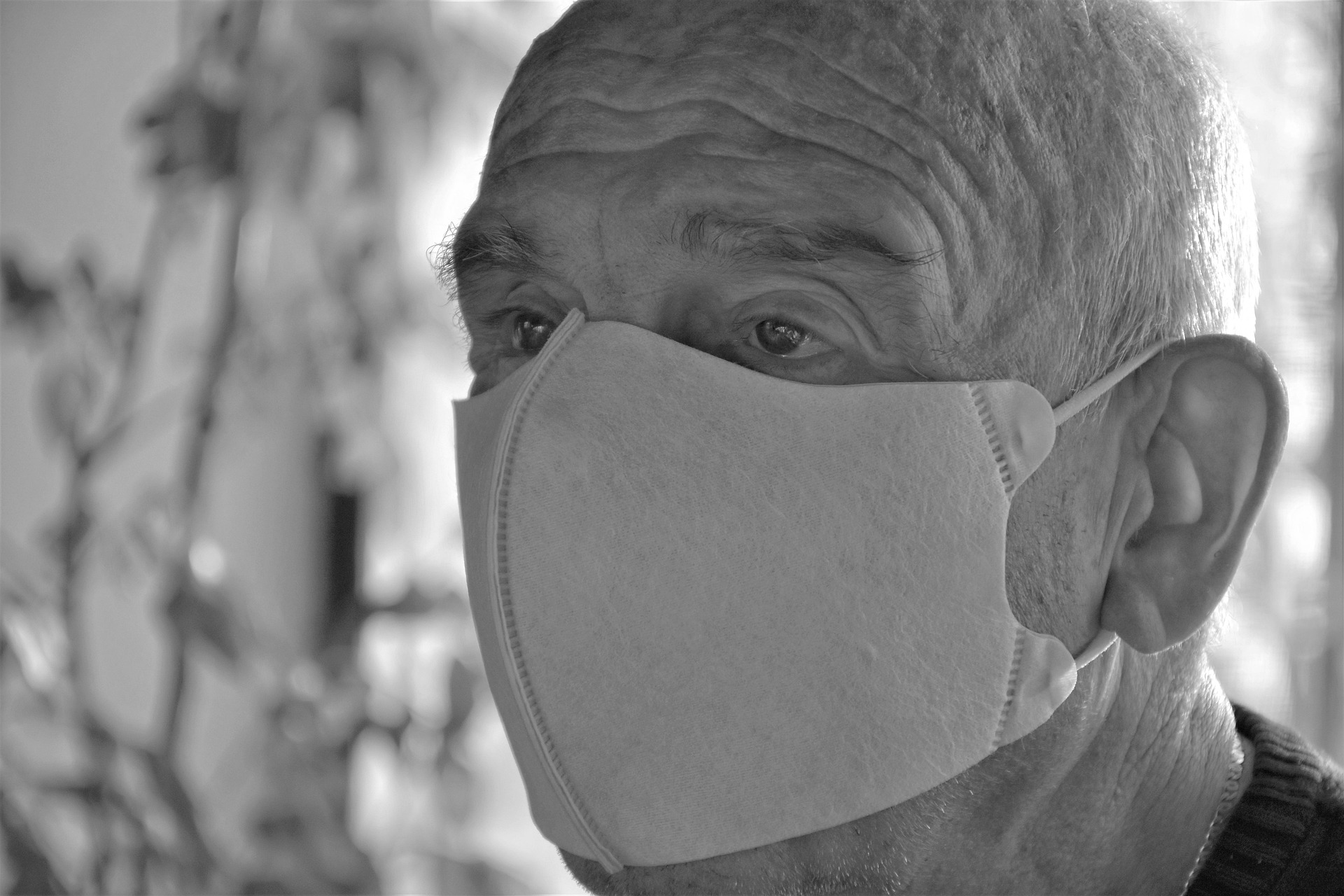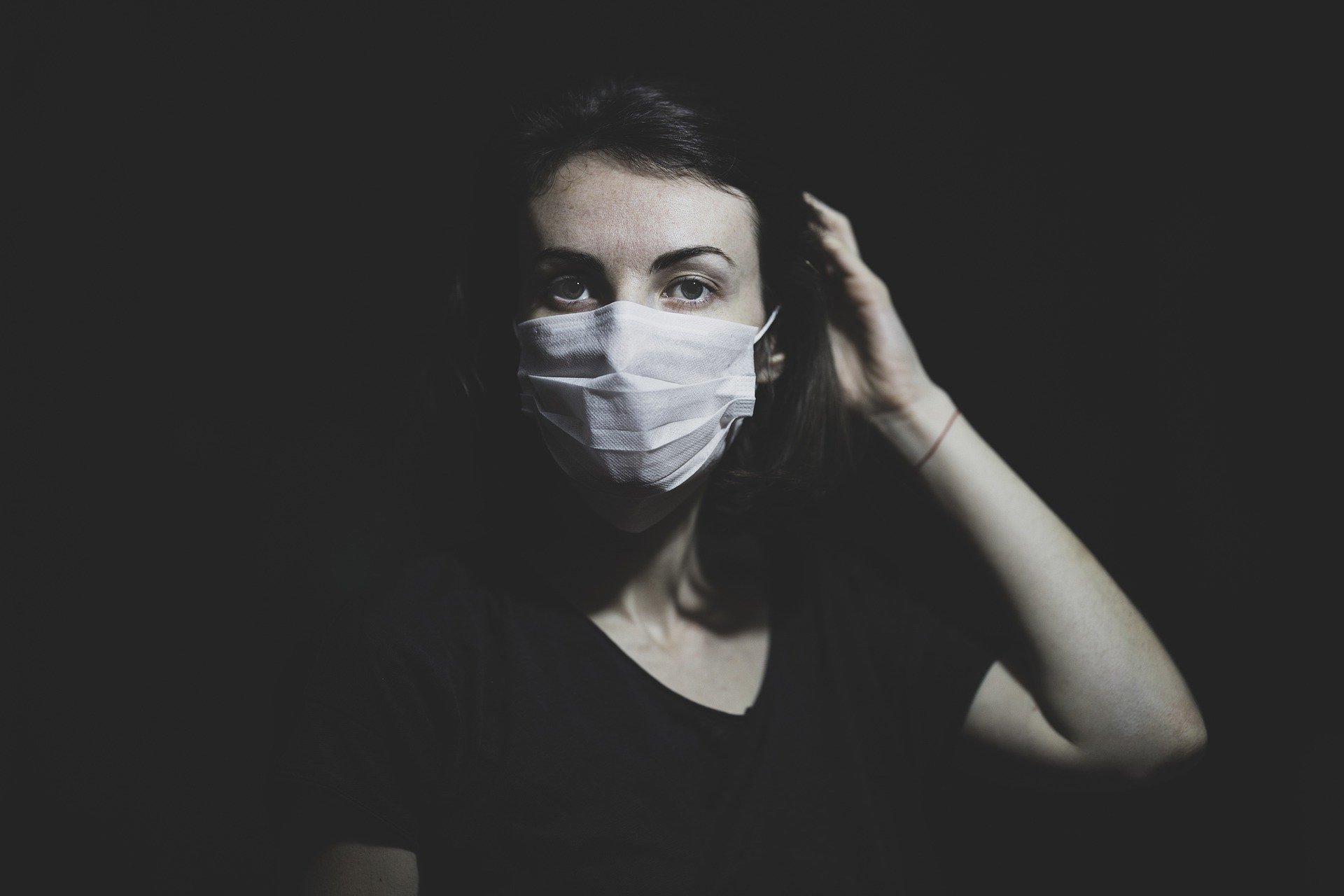How Can People With Congenital Heart Disease Approach Social Distancing?
COVID-19 is a recently diagnosed disease that was first reported in Wuhan, China. It has impacted more than 200 countries as of the first week of May 2020. The infection primarily attacks the respiratory system resulting in breathing difficulties. The virus can spread from person to person through droplets that are released when a person cough or sneezes. Many countries are currently following social distancing to reduce the spread of this infection, as there is no specific treatment or vaccine found for COVID-19. While we are trying our best to work with this new lifestyle, it is not the same for everyone. Older adults and people with underlying heart conditions are at a higher risk of developing severe complications from COVID-19.
Why are people with congenital heart disease at a higher risk?
Even though in some cases, the congenital heart defect may not disrupt a person’s day to day life, it can surely put you under the risk of catching infections quickly as compared to others. COVID-19’s primary target is the lungs, so when the lungs stop working as expected, the heart has to work harder to supply clean blood to all body parts. For a person with underlying heart issues, this additional pressure can sometimes result in heart failure or inadequate functioning of the heart. The immune system of a person with a congenital heart defect might not be as strong as a normal person, which can complicate the health of the patient. Reports show that around 40% of patients hospitalized because of COVID-19 infection have some heart-related or other underlying health conditions. According to a study conducted on 191 patients from Wuhan, China, it is observed that 8% of COVID-19 patients, who were hospitalized, had cardiovascular disease. Whereas 35% of patients from China, who lost their life to COVID-19, had a history of high blood pressure, and 17% had a history of coronary heart disease.
I have a congenital heart defect, what precautions should I take?
As the world continues to get used to the social distancing lifestyle, a person with a congenital heart defect should pull up their guard and stay cautious. Here are some ways you can approach social distancing and other health hygiene for improving your chances of preventing the COVID-19 infection.
General guidelines:
- Follow social distancing by staying at home as much as possible.
- Washing hands with soap frequently can reduce the risk of catching the virus. Make sure you soap wash your hands thoroughly for at least 20 seconds.
- If possible, isolate yourself from other people visiting your house.
- Step out of the house only for emergencies; stay a minimum 6 feet away from another person.
- Use a cloth mask or scarf to cover your face and nose when you are coming into proximity to others.
- Avoid touching surfaces that are commonly accessed by others, like the door handles and knobs.
- Avoid touching your nose, mouth, and eyes.
- When coughing and sneezing, cover your mouth. If you are using tissue paper, discard it immediately. Sneeze or cough into elbow fold to avoid getting the virus on your palms.
- Continue your medication as prescribed; avoid changing any medicine without talking to your doctors first.
What if you have a Medical Emergency?
For patients who are recommended a heart procedure, should discuss it with the health care provider before canceling or postponing. The professionals can help you to find a balance without complicating your health condition by delaying the procedure against the risk of having the patient come out to the hospital.
In case you encounter a medical emergency while social distancing, due to your heart conditions, contact your doctor or the emergency health services. Most of the hospitals are overcrowded because of COVID-19 patients. Visiting the hospitals or your doctor without precautions can expose you to the virus. The health care providers will have all the updated information about how to handle this situation. The emergency personal can take you to the intended doctors with utter precautions. If you are staying alone, update your family members and friends with the emergency contact details. Keep them updated about your whereabouts, so they can come to help you when needed.
When social distancing, purchase the required medications that will last you for at least 2 weeks. Doctors recommend requesting the pharmacy for extra medication or ordering it through the mail for easy access.
How to protect children with congenital heart disease from COVID-19?
Even though there is no enough data to show how far the kids are affected by COVID-19, the world has seen multiple cases of children suffering from the infection. In Europe, doctors have noticed that younger patients with COVID-19 infections are developing, Kawasaki disease, which can trigger severe heart issues. It can further complicate the health of children with congenital heart disease.
Following social distancing by keeping the kids home, minimizing their contact with a person other than their family members, and monitoring their health condition can keep them safe from the infection and its severe impacts. Children might not be able to understand and follow social distancing norms as effectively as adults, so the parents need to monitor extra care.
What to do if you develop infection symptoms?
Consult your primary care provider immediately, in case you notice any of the COVID-19 symptoms like fever and cough. People with congenital heart disease may be experiencing shortness of breath because of their health condition. But if your face or lips are turning bluish, or you are experiencing confusion or chest pain, pressure in the chest, you should contact your medical help provider immediately. Provide them with details of your symptoms and follow their instructions to get the required medical treatment. Depending on your health status, you might be asked to be hospitalized, or even allowed to recover at home. If you are recovering at home, make sure there is someone to take care of you. Update your health care providers immediately if you notice your health condition deteriorating.
Take care of your mental health:
Staying away from the world, your friends and family can put a burden on your mental health. The news updates from across the globe can easily stress you out, which is certainly not suitable for people with heart issues. If you are feeling stressed, talking to your family and friends may help. Talk to medical health professionals who can help you to understand the situation without overwhelming you with unnecessary information. Try to find a balance to keep updated with the latest updates without getting stressed. Pick up a new hobby that can help in stress management.
Exercises, practicing meditation, following a healthy diet can help you stay fit in any stressful situation. Distancing yourself from your loved ones can put you in desolation, but do not seek comfort in harmful resorts like alcohol or drugs. Remember the social distancing is to keep yourself safe from the virus. Seek medical attention if nothing else helps.
Conclusion
The coronavirus pandemic can be scary for everyone, but with proper care, we will get through these tough times. Though everyone is susceptible to the virus, congenital heart disease can increase the complications. Following social distancing and proper hygiene can help you to stay safe and far away from the coronavirus infection.





